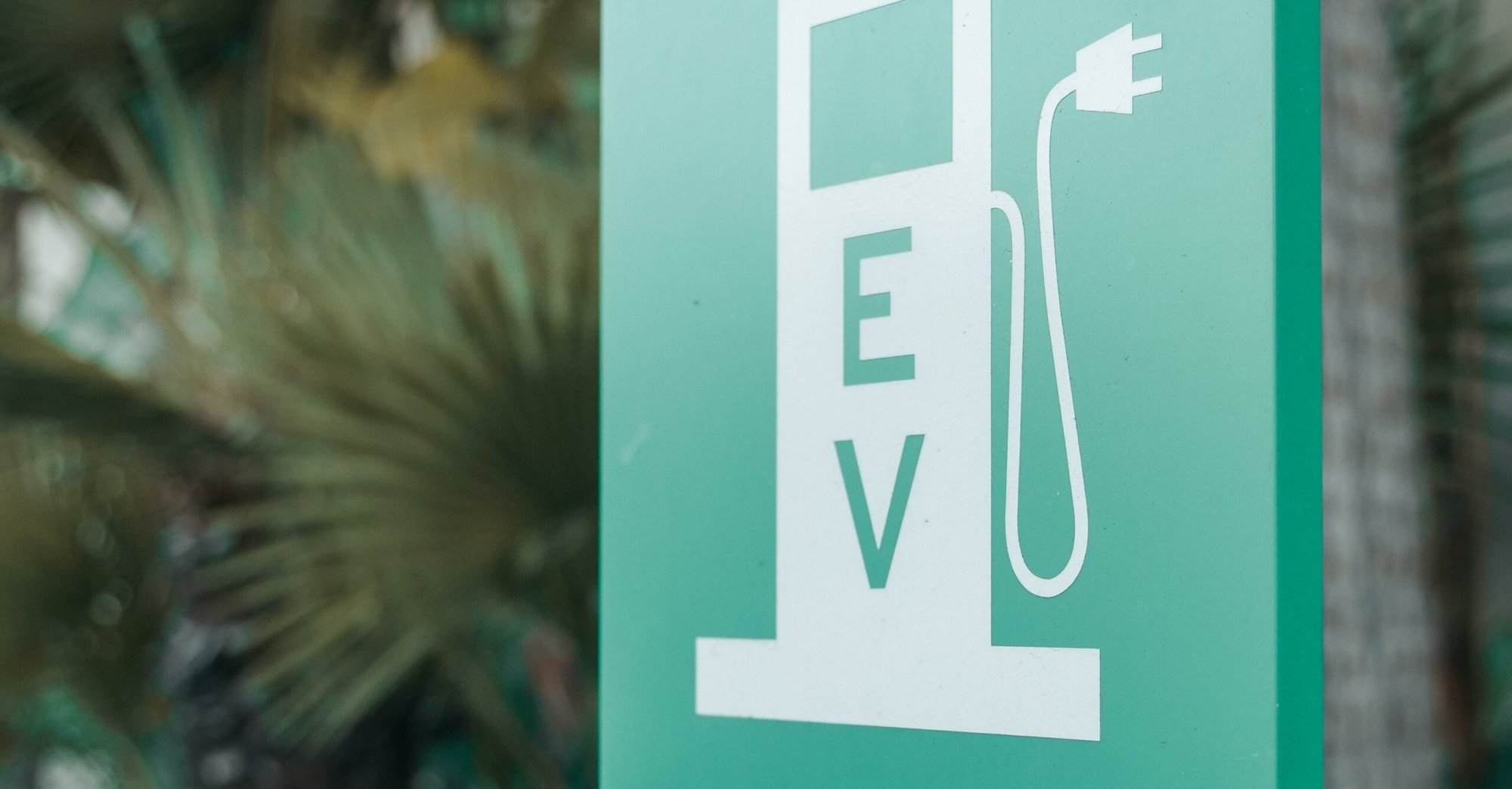Qualified EV and FCEV buyers can qualify for an excise tax credit of up to $3,000 beginning July 1, 2023. The tax credit is limited to one car per individual and ten vehicles per corporate organization and is available on a first-come, first-served basis. The following conditions must be met by qualified vehicles:
- Have a basic purchasing price of no more than $50,000;
- To a large extent, be driven by an electric motor that takes power from a battery with a capacity of at least 4 kilowatt-hours;
- have not been altered from the manufacturer’s original specs; and
- Between July 1, 2023 and June 30, 2027, the vehicle must be acquired and titled for the first time.
Electric Vehicle (EV) Charging Station Rebate Program
Individuals, companies, and state or local government bodies in Maryland can get a reimbursement from the Maryland Energy Administration (MEA) for the expenses of procuring and installing qualifying EV charging stations. The refund may pay up to 40% of the expenses of purchasing and installing certified EVSE, or the following amounts:
| Qualified Entity | Amount per EV Charging Station |
| Residential | $700 |
| Businesses, Nonprofits, Workplaces, Multi-Unit Dwellings, and State or Local Government Entities | $4,000 |
Applicants must show compliance with applicable state, municipal, and/or federal legislation while installing or operating an authorized EV charging station. Other conditions may apply. MEA has the authority to grant up to $1,800,000 in total. Each business rebate applicant may receive up to 18% of the overall program funding every fiscal year. Rebates will be distributed based on a first-come, first-served basis.
Electric Vehicle (EV) High Occupancy Vehicle (HOV) Lane Permit
EV owners, regardless of the number of passengers in the vehicle, can get a permit from the Maryland Department of Transportation Motor Vehicle Administration (MDOT MVA) to utilize HOV lanes. All MVA branch offices, licensed dealerships, and Tag & Title companies will also issue permits. The MDOT, MVA, and the State Highway Administration are required to report EV HOV lane utilization to the governor on an annual basis. This statute will be in force until September 30, 2025.
Electric Vehicle Emissions Inspection Exemption
Vehicles that are entirely powered by electricity are exempt from state emissions tests.
Alternative Fuel Vehicle (AFV) Grants
The Maryland Energy Administration (MEA) administers the Clean Fuels Incentive Program (CFIP), which gives incentives to fleets for the refit or purchase of new AFVs. Grant awards vary in size and can pay up to 100% of the additional AFV cost. Grants in the following quantities are available:
| AFV Technology | Vehicle Class | Maximum Grant Award per Vehicle |
| Electric Vehicles | Class 1-2 | $5,000 |
| Natural Gas, Propane, Biodiesel, and Hydrogen Vehicles | Class 1-2 | $7,500 |
| Natural Gas, Propane, and Biodiesel Vehicles | Class 3-8 | $50,000 |
| Electric and Hydrogen Vehicles | Class 3-7 | $80,000 |
| Electric and Hydrogen Vehicles | Class 8 | $150,000 |
Eligible applicants must operate or acquire a fleet vehicle and may include school districts, nonprofits, commercial enterprises, companies, and local and municipal governments. Individual or personal usage AFVs are not eligible. Vehicles that have received money from other state programs are not eligible. Grants will be provided on a competitive basis, with concerns for fairness and environmental justice included in the assessment criteria.
Electric Vehicle (EV) Workplace Charging Grant
Through the Charge Ahead Grant Program (CAGP), the Maryland Department of Environment (MDE) gives subsidies of up to 60% of the cost of installing EV charging stations at workplaces. Grants of up to $4,500 per Level 2 EV charger and $600,000 per application are available. CAGP financing is available for direct costs associated with the design, installation, and operation of qualified workplace EV charging stations. Non-profits, private enterprises, and government bodies are all eligible. The initiative is supported by the state of Maryland’s share of the Volkswagen Environmental Mitigation Trust.
Electric Vehicle (EV) Corridor Charging Grant
The Maryland Department of Environment (MDE) offers grants of up to 80% of the cost for the installation of direct current fast charging (DCFC) stations along Federal Highway Administration designated alternative fuel corridors through the Electric Corridors Grant Program (ECGP). ECPG funding is available for up to $150,000 per DCFC station and $600,000 per applicant. Eligible entities include non-profits and private businesses. Grant awards vary based on total kilowatts per charging port. The program is funded by Maryland’s portion of the Volkswagen Environmental Mitigation Trust.
Solar Canopy Electric Vehicle (EV) Infrastructure Grant
The Maryland Energy Administration (MEA) provides subsidies of up to $125,000 for solar array planning and installation on existing public facilities and infrastructure. Solar canopies that assist EVSE are eligible projects.
Clean Energy Grants
The Maryland Energy Administration (MEA) administers the Maryland Smart Energy Communities (MSEC) program, which provides grants to local governments for transportation-related projects such as the purchase of new electric vehicles (EVs) or alternative fuel vehicles and the installation of EV charging stations. Grants in the following quantities are available:
| Project Type | Maximum Grant Award |
| Purchase of a New EV with an All-Electric Range of up to 199 Miles | $3,750 per vehicle |
| Purchase of a New EV with an All-Electric Range of Over 200 Miles | $7,500 per vehicle |
| EV Charging Station Equipment and Installation | $6,000 per EV charging station |
Communities that are currently participating in the MSEC program may earn up to $55,000 per project, while newer communities may get up to $75,000. Additional conditions may apply.


I’m still not sure whether a EV is worth buying
Considering a Tesla, thanks for the info